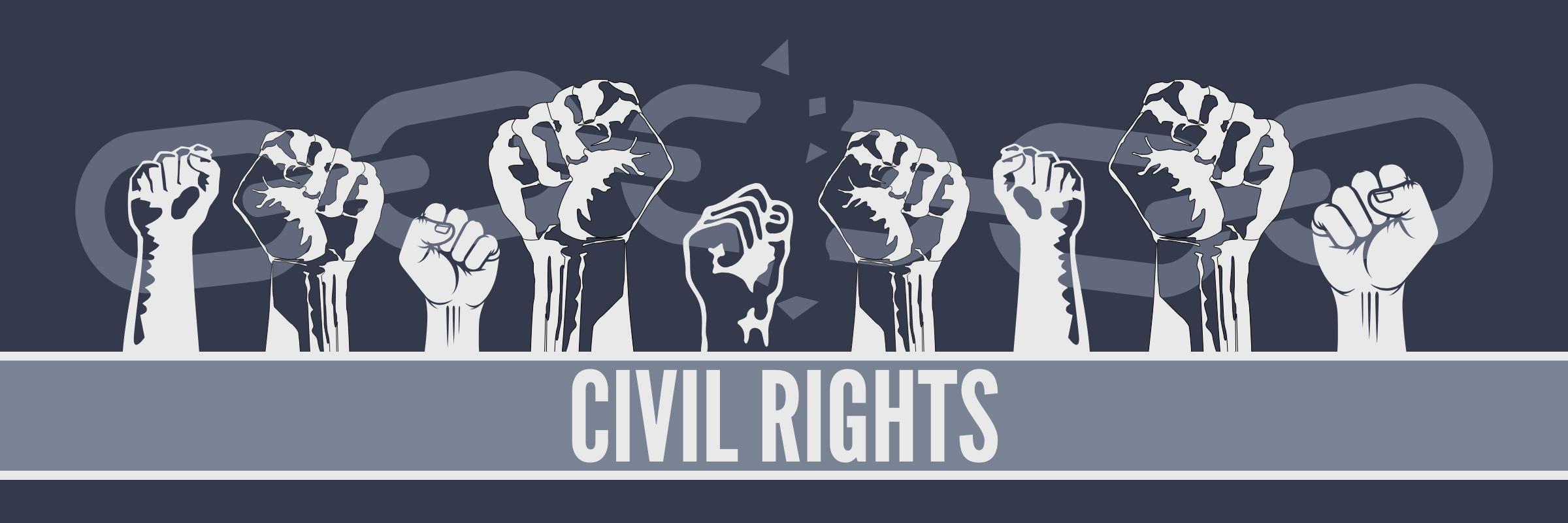The great American achievement lies not in this Nation’s ambitious industry, military power, or flashy entertainment, but in its recognition that freedom and liberty are not privileges granted by rulers but innate qualities of every human being. That concept — that there are certain fundamental rights that are natural to us — defined the Founding Era. As the Declaration of Independence affirms; “all men are created equal. . . endowed by their Creator with certain unalienable Rights."
That is why the Constitution, particularly the Bill of Rights, is written not in the language of government generosity, but of government restraint. It does not say, “The people are hereby granted the right to speak freely,” but rather, “Congress shall make no law… abridging the freedom of speech.” Implicit in this language is the recognition that these rights exist separate from the document itself — as rights inherent to us by nature — and that the government’s role is not to create them, but to secure them, including through the strict limitation of its own power. It is to that end that the Constitution codifies our most fundamental rights, drawing clear lines the government cannot cross, sacred boundaries fixed to preserve our liberty.
That foundational perspective is critical to understanding the acute damage done when the government violates our constitutional rights. When government actors censor protected speech, subject a man to excessive force, or jail him without due process — these aren’t mere policy mishaps. They are a violation of the very framework that gives the government its authority. They are an impermissible infringement of our natural rights — the very kind the government, from the time of its inception, was expressly prohibited from committing.
At King’s End, we represent individuals in constitutional cases under 42 U.S.C. §1983 and related civil rights laws. We take on matters involving:
Unlawful searches and seizures
Excessive force
False arrest and unlawful detention
Malicious prosecution
Denial of medical care in custody
Abuse or neglect in detention facilities
Censorship or retaliation for protected speech
Equal Protection violations
We pursue these cases not only to secure just compensation, but because we understand that a right unenforced is a right diminished, and that tolerating a violation of the rights of one individual, endangers their preservation for all people.

